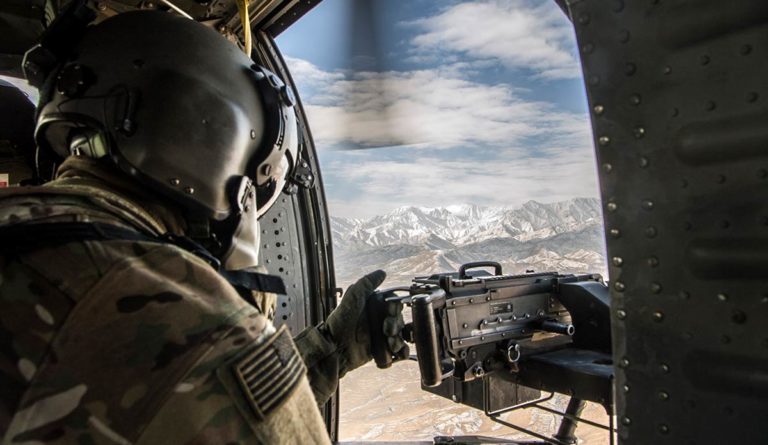How Helpful is Anger when Soldiers Return from Combat?
When they return from combat, do soldiers think anger helped them perform their duties?

Read Time: 3 minutes
Published:
Being angry can have its place. Anger can be motivating and energizing. It may even help boost performance under the right circumstances. But anger can potentially confound our attempts to get along with others and is associated with increased risk-taking and even unethical conduct.
Anger is particularly important when it comes to understanding soldiers. For example, one of our studies found that, in the heat of combat, anger is a common response to encountering a traumatic combat-related event. Then once soldiers return home, they report elevated levels of anger and aggression. Indeed, the feeling of being on edge is shared by many. In one of our surveys, 71% of soldiers who had gotten home from Iraq thought it was hard to tolerate “the stupid stuff” people do.
So, we wondered what soldiers thought about anger. When they returned from combat, did they think anger helped them perform their duties? Did it help them focus or motivate them? Our survey of 627 U.S. soldiers who had recently returned from a year in Afghanistan found that almost half (48%) felt anger was sometimes, often or very often helpful. While that number dropped to a little more than a third (36%) three months later, the results suggest that a substantial proportion of soldiers felt anger was helpful to them. Interestingly, this perception was similar regardless of rank or how long someone had been in military service.
We wondered whether this positive attitude toward anger was adaptive or whether embracing anger was actually a risk factor for poor adjustment. We found that soldiers who thought anger was helpful reported more mental health problems, including more post-traumatic stress symptoms, physical health symptoms, and impairment in functioning. While the study couldn’t tease cause and effect apart, it looks like anger may not be as helpful as soldiers think it is. In fact, it may be a sign of trouble in adjusting.
Without being aware of the downside of anger, some soldiers may be tempted to treat anger as their go-to emotion.
These results are important to consider because, without being aware of the downside of anger, some soldiers may be tempted to treat anger as their go-to emotion. They may rely on anger to navigate life circumstances, potentially fueling relationship and other difficulties. Highlighting the pitfalls that come with relying on anger and providing alternatives may help alter the trajectory of adjustment.
These results also have implications for treatment of combat-related trauma. Previous research has found that, when veterans are angry, they are less likely to respond to evidence-based treatments for post-traumatic stress disorder. If soldiers are invested in maintaining their anger because they see it as helpful, therapists will need to find effective ways to address the perceived benefit of anger prior to introducing anger-reduction techniques. Doing so may allow therapists to address soldiers’ concerns about losing the edge that anger offers them, and, instead, increase soldier commitment to therapy.
Is anger helpful? At least in this study of soldiers returning from combat, it doesn’t look like it.
Material has been reviewed by the Walter Reed Army Institute of Research. There is no objection to its presentation and/or publication. The opinions or assertions contained herein are the private views of the author, and are not to be construed as official, or as reflecting true views of the Department of the Army or the Department of Defense.
Feature image: The U.S. Army, Aircrew, U.S. Army Soldier, assigned to 3rd Infantry Division, conducts aerial observation over Afghanistan. U.S. Army photo by John Martinez, used under CC BY 2.0



